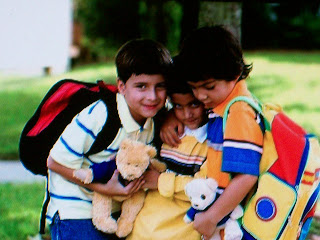Aside from the “soft” benefits like spending time together as friends or family, traditional board games can teach young children such things as hand-eye coordination, visual perception, letter recognition, color recognition and number/shape recognition. Games can also teach children how to “play by the rules,” how to interact with others and ultimately, how to be a good sport.
For young adults, there are many games that are good for building critical thinking skills. For instance, checkers, chess and some card games require serious thought in order to excel. Computer games can be good for strategic thinking, as well.
Here are four games teachers and parents might explore to build financial skills and mental agility...
Kids and Board Games with Benefits:
Life
The latest version of Life takes players through a thought-provoking simulation of a person’s life from high school through retirement, with jobs, marriage, kids and many other big life decisions to be made along the way.
Payday
 |
| Games that get kids thinking about life, money and jobs! |
Monopoly
The best-selling board game in the world, Monopoly helps young people learn the basics of economics. It provides the opportunity to learn fundamental money concepts and the rewards of wise spending decisions.
Careers
Introduced in 1955, the winner of this classic board game is the player who achieves their life goals the soonest. Before the game begins, each player determines whether they want to pursue fame, money, happiness or a combination of all three. Success in achieving their goal depends on the path they take through the game.
What is your favorite game? Why?














